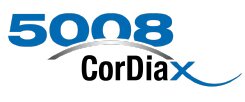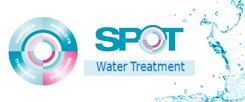Home / FlashMed
FlashMed
| Titolo | Cost-Effectiveness of Frequent In-Center Hemodialysis |
| Autore | Chris P. Lee,* Stefanos A. Zenios, and Glenn M. Chertow± -*The Wharton School, University of Pennsylvania, Philadelphia, Pennsylvania; and Department of Operations, Information and Technology, Graduate School of Business, and ±Division of Nephrology, Department of Medicine, Stanford University, Stanford, California |
| Referenza | J Am Soc Nephrol 2008; doi: 10.1681/ASN.2008010001 |
| Contenuto | ABSTRACT Published evidence suggests that frequent hemodialysis (more than three times per week) for patients with ESRD may improve health-related quality of life and has the potential to increase longevity and reduce hospitalization and other complications. Here, a Monte Carlo simulation model was used to compare varying combinations of in-center hemodialysis frequency (three to six treatments per week) and session length (2 to 4.5 h per session) with regard to unadjusted and quality-adjusted life-years and total lifetime costs for a cohort of 200,000 patients, representing the prevalent ESRD population. The incremental cost-effectiveness ratio was calculated for the various regimens relative to a conventional hemodialysis regimen (three treatments per week, 3.5 h per session). Using conservative assumptions of the potential effects of more frequent hemodialysis on outcomes, most strategies achieved a costeffectiveness ratio of _$125,000, although all had a cost-effectiveness ratio of _$75,000. The costeffectiveness ratio increased with the frequency of hemodialysis. More frequent in-center hemodialysis strategies could become cost-neutral if the cost per hemodialysis session could be reduced by 32 to 43%. No other change in model assumptions achieved cost neutrality. In conclusion, given the extraordinarily high costs of the ESRD program, the viability of more frequent hemodialysis strategies depends on significant improvements in the economic model underlying the delivery of hemodialysis. |
| Data | 18.07.2008 |
| Lista completa |
|







